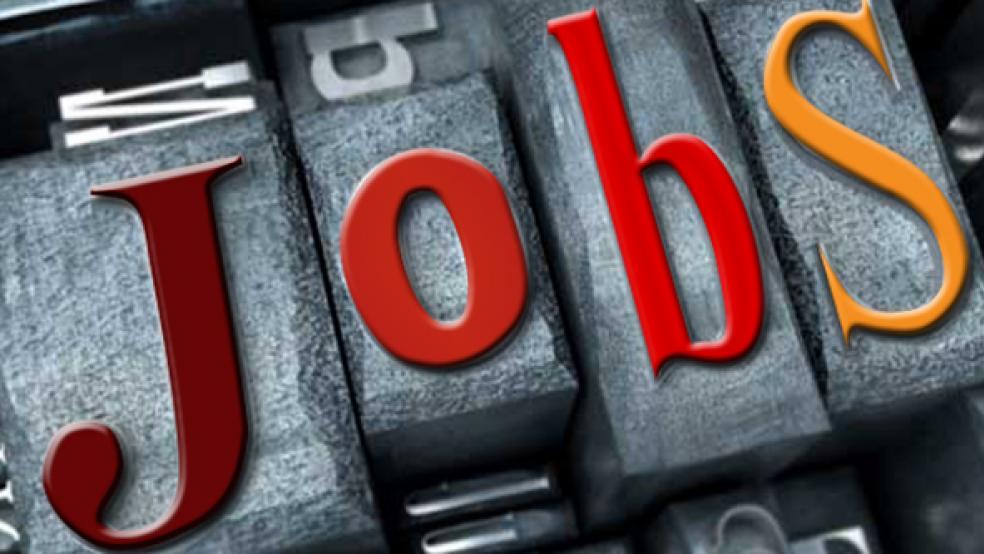Friday’s report from the Department of Labor estimating that the economy added 287,000 new jobs in June will make it somewhat harder for Republicans to run against a Democratic administration’s handling of the economy as we move closer to the November general election. However, despite the impressive headline number, there is still good reason to believe that the rate of job creation in the US economy is slowing.
The report, prepared by the Bureau of Labor Statistics found that the unemployment rate ticked up to 4.9 percent from 4.7 percent, a fact that was perceived as good news because it reflects the return of discouraged workers to the labor force. Hourly wages continue to rise, and have jumped 2.6 percent so far this year.
Related: Tonight’s Mega Millions Jackpot Won’t Make You As Rich as You Think
The news will also factor heavily into decisions about interest rate levels -- something that could affect economic rhetoric even more than economic growth later this year.
In all, said PNC Financial Services Group chief economist Stuart Hoffman, it was “a solid June jobs report offsetting the "disappointing" jobs report for May. Payroll job growth averaged 195,000 per month in the first quarter and 147,000 per month in the second quarter. There is a clear slowing in the pace of job growth as the labor market tightens but the apparent and worrisome abrupt slowdown in April and May greatly overstated that degree of slowdown.”
That last point is a big deal, because the sudden plunge in job creation last month had monetary policy experts at the Federal Reserve concerned about an unexpectedly fast downturn in the pace of job growth. That, in turn, would have scrambled their calculations about whether and when to plan on their next interest rate hike.
Most economists seem to believe Friday’s numbers leave the Fed on track to raise rates at least once this year.
Related: Americans Can’t Stop Watching this Care Wreck of an Election
“Overall, this is clearly positive news after the worrying slowdown in previous months,” wrote Andrew Hunter, and assistant economist with Capital Economics “Furthermore, the clear acceleration in second-quarter GDP growth, the strong rebound in the June [manufacturing] indices and the enduring strength of other labor market indicators suggest that employment growth will continue to recover. Accordingly, we are sticking for now to our forecast that the Fed will hike rates at least once and possibly twice this year, with the next move perhaps coming as soon as September.”
PNC’s Hoffman agreed, but said he didn’t expect movement until later in the year.
“This should relieve the concerns seen in the June meeting minutes of an "abrupt" slowing in job growth that could be an omen of a much weaker economy and labor market in the latter half of this year. This June job rebound is not enough to get the FOMC to even consider a rate hike at their July meeting, especially in the aftermath of the Brexit vote, but keeps them pointed in the direction of another rate hike which we think will be in December.”
Related: After $68 Billion to Train Afghan Troops, No Exit for US in Sight
A rate hike in December would have no real bearing on the upcoming presidential election, but should the Fed decide to act sooner, it might muddy the waters a bit.
Any rate hike is bound to be small -- somewhere in the neighborhood of an increase of a half a percentage point. The effect on consumers would be trivial, and it would actually be the result of optimism about the state of the economy on the part of the Fed’s Open Market Committee.
However, interest rates have been a fraught topic, historically, and given the tone of the campaign so far, it wouldn’t be terribly surprising to see an opportunistic candidate use rising rates and evidence that job growth is slowing to convince voters that the economy hasn’t really turned the corner.





